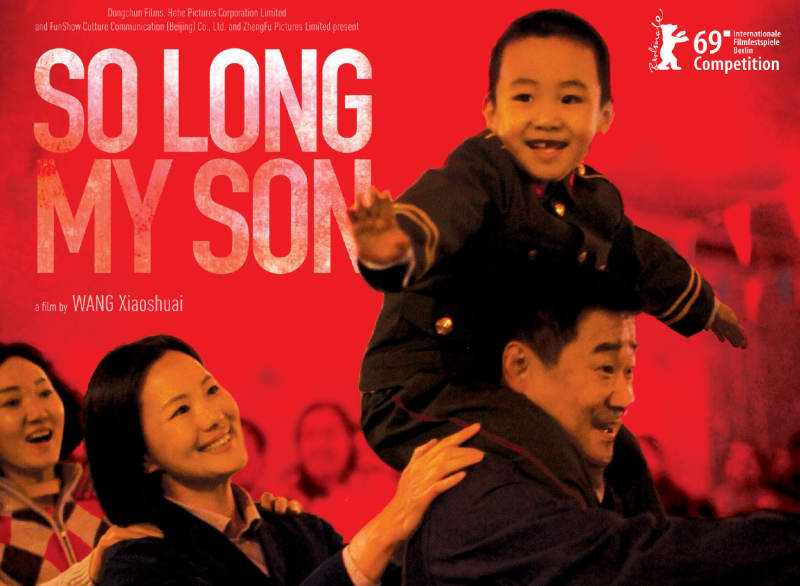I have just watched the Chinese film Dijiu tianchang (So Long my Son) on BBC iPlayer. It stands out as a remarkable Chinese film. It has lots to say about the pernicious effects of the one-child policy in China. Especially interesting from the point of view of Anti*Capitalist Resistance supporters are the brilliantly presented scenes picturing the reaction of working-class Chinese to the dismantling of large parts of the state-owned sector of the economy in the 1980s, marking in the eyes of many the transition from deformed workers’ state to a form of capitalism, or from state capitalism to full-blown normative capitalism. Above all, the film is imbued with a deep humanism and an optimistic belief in the resilience of the human spirit under a cruel and exploitative political regime.

Above all, the film is imbued with a deep humanism and an optimistic belief in the resilience of the human spirit under a cruel and exploitative political regime.
Art Book Review Books Campism Capitalism China Climate Emergency Conservative Government Conservative Party COVID-19 Creeping Fascism Economics EcoSocialism Elections Europe Far-Right Fascism Film Film Review Fourth International France Gaza History Imperialism Iran Israel Italy Keir Starmer Labour Party Long Read Marxism Marxist Theory Migrants Palestine pandemic Police Protest Russia Solidarity Statement Trade Unionism Trans*Mission Ukraine United States of America War

